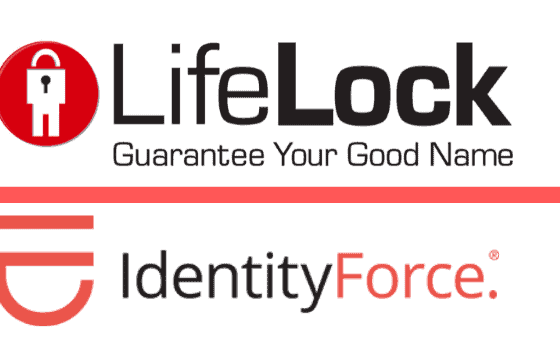The only way to really make sure that you’re not being overcharged on your monthly electric bill is to truly understand the various elements that make up a bill and what each individual component means. Regardless of the company that provides your home with electricity, the vast majority of all electric bills are very similar. Though glancing at your bill and seeing a series of complex calculations and detailed numbers may at first seem to be a bit overwhelming, you’ll soon find out just how easy understanding the elements of an electric bill really is. You’ll never have to worry about incorrect billing statements again.
One of the first sections on your monthly electric bill will specify the "rate schedule" or the "rate class" for your home. Both terms essentially mean the same thing. Most energy providers charge different rates to home customers as opposed to business customers. The bar and grille down the street from your apartment is likely paying more per kilowatt hour than you are, for example. The "rate schedule" or "rate class" will simply tell you which of those two categories you fall into.
The second section on your electric bill will break down exactly what you are being charged for in any particular month. Elements will include the total number of kilowatt hours that your home consumed in a particular period, the total cost per kilowatt hour that you are charged, any transmission fees that you may be charged as well as any service fees that are automatically added to your bill.
If you are participating in a "fixed" or "budget" billing plan with your electrical provider, information about that plan will be found in a separate section on your bill. These plans are commonly designed for residential buildings like apartments where more than one customer is living under the same roof. Instead of each apartment paying only for the energy that they used, the total number of kilowatt hours for the entire building is divided evenly among all customers. If ten separate people live in an apartment building that uses 5000 kilowatt hours of electricity per month, each customer will pay for 500 kilowatt hours instead of the total amount that they actually used.
One of the final sections on any electric bill will contain a wide variety of different options that you can use to pay your bill based on your own personal preferences. Most electrical providers offer more than one way to pay your bill for your own convenience. You will be able to see any money-saving plans that you might be eligible for in the same section. You will also be able to see the "average payment" dollar amount for similar homes in your area. The "average payment" can be a good indication of how energy efficient your home really is. If you are paying dramatically more than the average amount listed on your bill each month, you can take that as a fairly good indication that you are being wasteful with your home’s energy consumption in some way.





